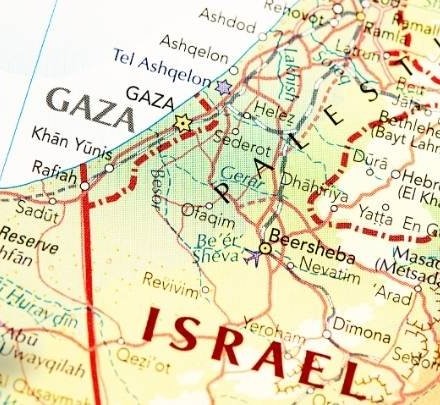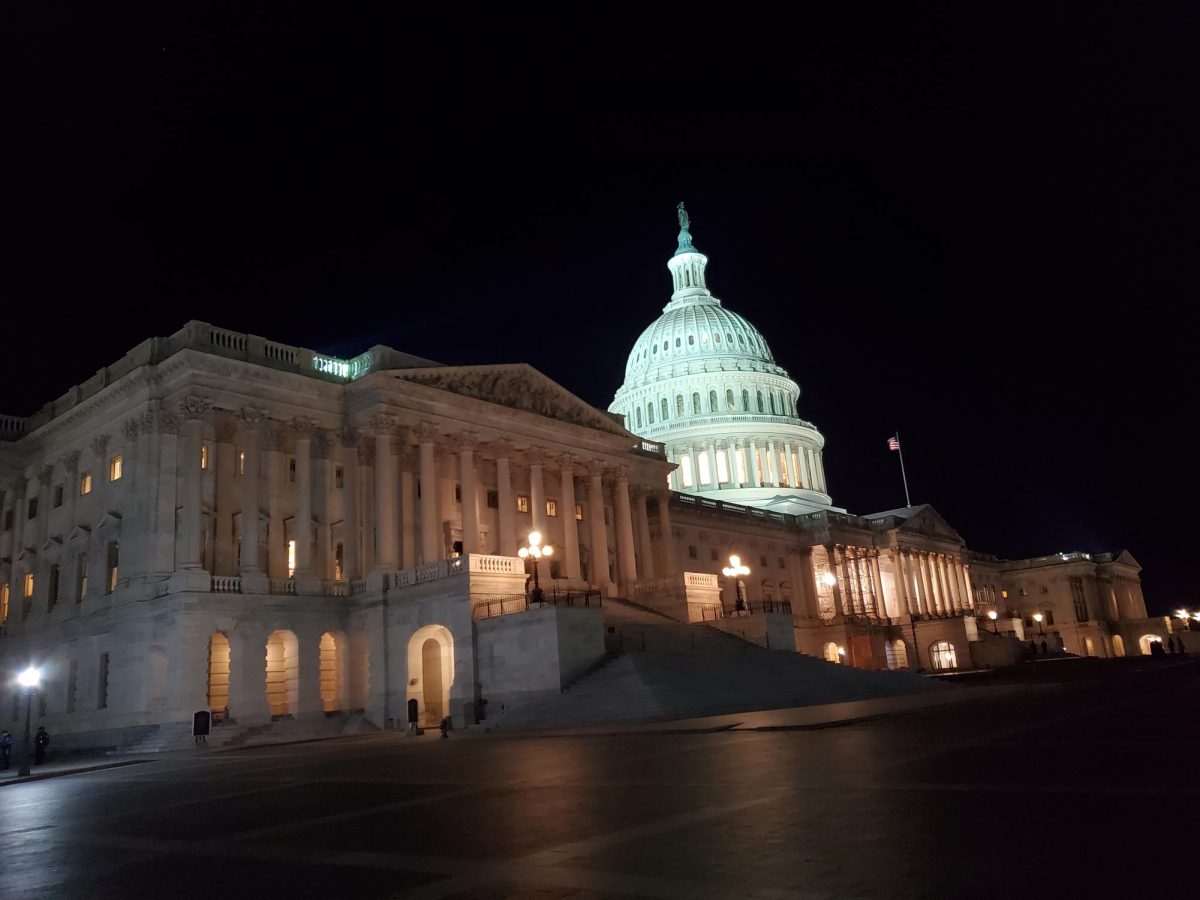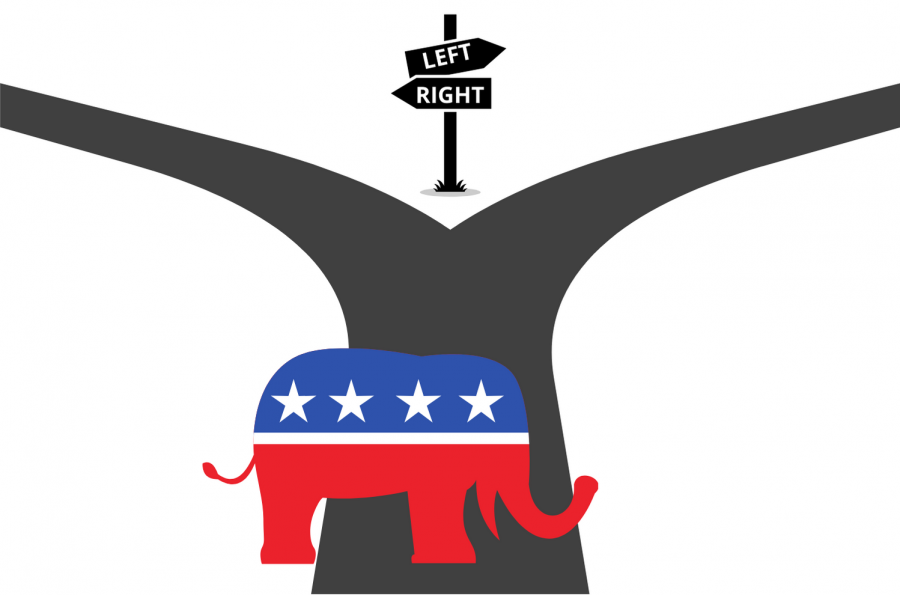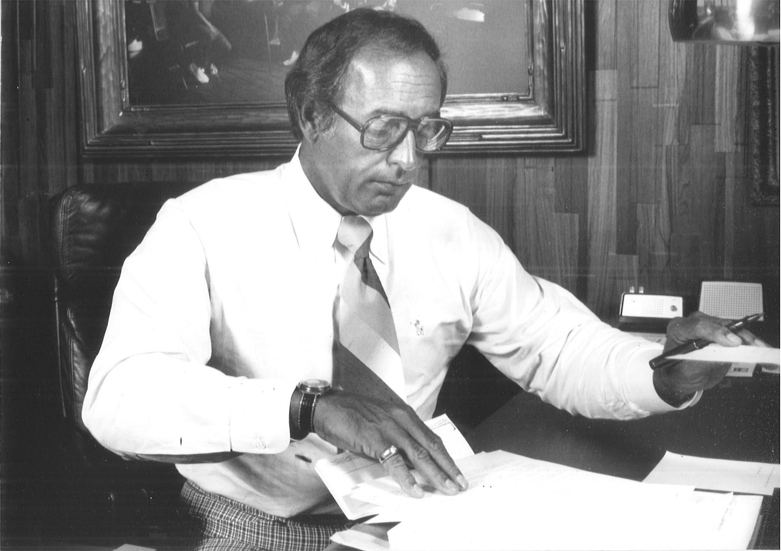On the eleventh anniversary of 9/11, American embassies in Libya, Egypt and Yemen became targets of radical Islamist attacks and protests.
Assailants killed four Americans at the U.S. embassy in Benghazi, Libya. U.S. envoy Christopher Stevens was killed in the attacks on Tuesday, becoming the first American ambassador to be killed while serving the country since 1979.
U.S. diplomat Sean Smith was also killed in the attacks in Libya, along with former Navy SEALs Glen Doherty and Tyrone Woods.
President Barack Obama and Secretary of State Hillary Clinton condemned the attacks.
“Chris was a courageous and exemplary representative of the United States,” said Obama in a statement after the attacks.
The Obama administration maintains that the anti-Islam film, “Innocence of Muslims,” produced by Sam Bacile, was the catalyst of the protests and attacks. The film mocks Muhammad and Islam. Bacile is currently in hiding.
However, other sources suggest that the assault was a premeditated terrorist attack, not caused by Bacile’s film.
Libyan President Mohammed el-Megarif said he thinks al-Qaeda is guilty of the Benghazi embassy attacks.
“We firmly believe that this was a pre-calculated, pre-planned attack that was carried out specifically to attack the U.S. Consulate,” said el-Megarif in a statement to National Public Radio.
Libya’s position differs from that of the Obama administration, which maintains that Bacile’s anti-Islam video was the main catalyst for the attacks, not Obama’s foreign policy.
“Our current best assessment, based on the information that we have at present, is that, in fact, what this began as, it was a spontaneous — not a premeditated — response to what had transpired in Cairo,” said U.S. Ambassador Susan Rice on Sunday, Sept. 16, on ABC’s “This Week.”
Protests took place in at least 20 countries across the Middle East. While some were peaceful, others were violent and aggressive, resulting clashes with police. Protesters also demonstrated outside of the U.S. embassies in Kuwait, Bangladesh, Iran, Tunisia, Sudan and Morocco.
In Lebanon, 25 people were wounded. Protestors clashed with police and set two American restaurants — a KFC and an Arby’s — ablaze.
At the embassy in Cairo, protesters tore down a U.S. flag commemorating the victims of the 9/11 terrorist attacks, and replaced it with an Islamic banner. On Saturday, protesters who had demonstrated at the U.S. embassy were largely scattered by police.
Violent protests also surged in Tunisia, where at least four died and 46 suffered injuries. On Friday, protesters plagued the U.S. embassy in Tunis. Protesters and police clashed in front of the embassy. Police opened fire on demonstrators who breached the embassy.
In response to the attacks, a U.S. marine brigade was sent to Libya to help security and track down those responsible for the attacks
“Make no mistake. Justice will be done,” said Obama. “The United States condemns in the strongest terms this outrageous and shocking attack.”
In the aftermath of Stevens’ death, Libyan authorities arrested four people and identified 50 who were involved in Tuesday’s attacks.
The United States deployed two destroyer warships to Libya, and sent U.S. Marines to the embassy in Sanaa, Yemen, to reinforce security. In addition, the U.S. sent military drones to patrol and scout over eastern Libya in search of terrorist camps.
CNN Pentagon correspondent Barbara Starr recounted the next steps for the U.S. in response to the recent attacks.
“These drones will conduct further surveillance, gather information, look for militant sites and then try and turn the information over to the Libyans and get Libyan security forces or tribal elements who control a lot of that region to go after these targets,” said Starr.
“The president laid it all out in those few words when he said justice will be done. The United States wants to find the perpetrators of this incident.”






